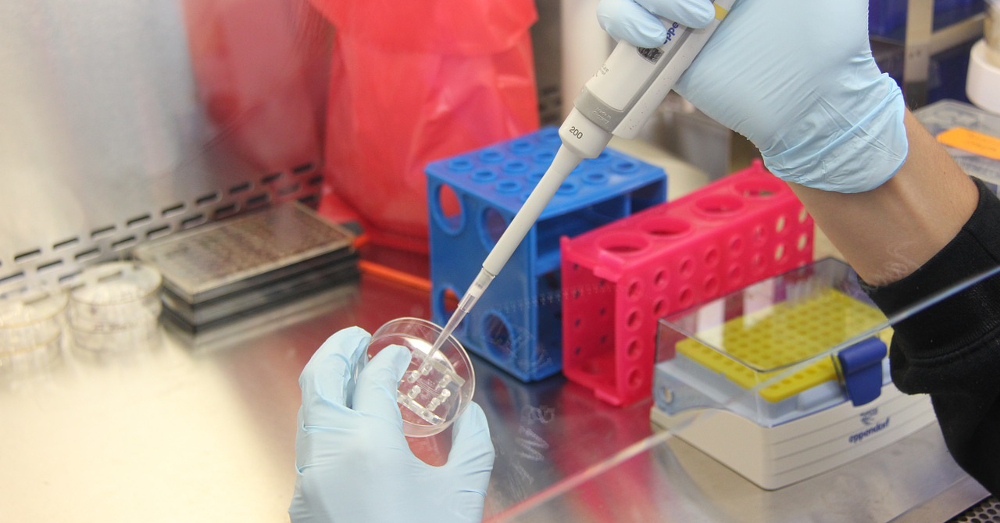
Just One Small Problem With This Major Report on GMO Safety
Researchers allege undisclosed conflicts of interest on a National Academies of Sciences panel.
March 5, 2017 | Source: Mother Jones | by Tom Philpott
Researchers allege undisclosed conflicts of interest on a National Academies of Sciences panel.
About a year ago, the prestigious National Academies of Sciences, Engineering and Medicine produced a 584-page report assessing the health, environmental, and agronomic impact of genetically modified crops. The conclusion: GMOs have so far proved to be neither a disaster nor a triumph. They haven’t been shown to pose a threat to human health, as some critics have argued they do; but they also haven’t discernibly raised crop yields, as some boosters insist they have.
Not surprisingly, the report did little to “end the highly polarized dispute over biotech crops,” concluded New York Times reporter Andrew Martin in an article just after the report’s release. He added that both sides of the debate “pointed approvingly to findings that buttressed their viewpoint and criticized those that did not.”
And a new paper, published in the peer-reviewed journal PLOS-One, ups the temperature of that long-simmering debate. The authors—Sheldon Krimsky, a professor in the Department of Urban and Environmental Policy and Planning at Tufts, and Tim Schwab, a researcher at Food & Water Watch—found that 6 of the 20 scientists who contribute to NASEM’s GMO report had ties to the ag-biotech industry that weren’t disclosed in the paper. Five of them “had patents or industry research funding” while they served on the committee, and another one “reported receiving industry research funding” a few years before.
As Krimsky and Schwab note, the NASEM paper states that the GMO assessment, launched only after face-to-face conversations, “determined that no one with an avoidable conflict of interest is serving on the committee.”
They also uncovered another undisclosed potential conflict: The National Academies of Sciences, Engineering and Medicine, a nonprofit institution, has had substantial funding from the very companies whose products were assessed in the report: “The organization’s annual financial reports do not give exact figures but note that three leading agricultural biotechnology companies (Monsanto, DuPont, and Dow) have given up to $5 million dollars each to the NASEM.” The National Academies even hosted a 2015 workshop on communicating the science of GMO crops to the public, funded in part by Monsanto and DuPont.
